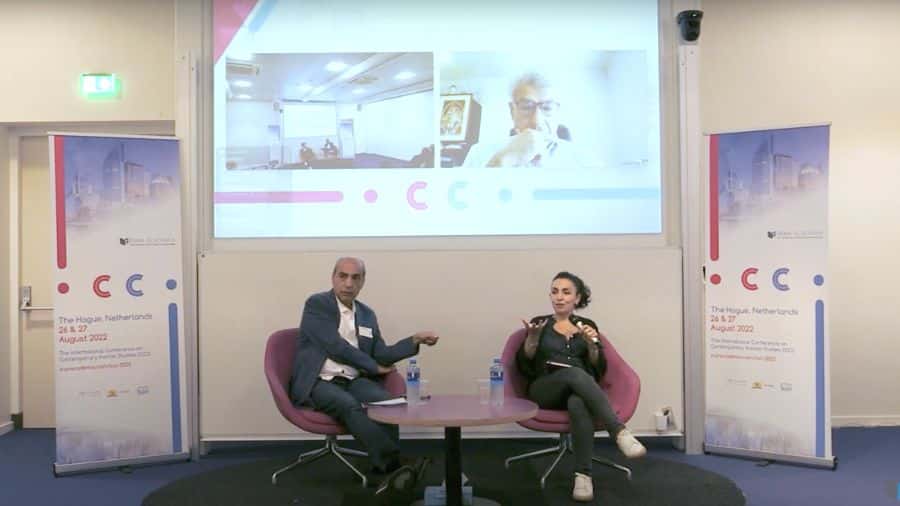Since the end of 2019, the Covid-19 outbreak has swept the globe. This issue has threatened the well-being of human communities in social, economic, scientific, and management domains, among others. The definition and observance of individual rights and social agreements is one of these domains. To secure public health and safeguard the economy, the political administration challenged rights in a manner never before seen in human history. With the necessity of the right to cover individual and communal health, the inconsistency and even inhomogeneity of the individual rights of social life, as well as the difficulties of guaranteeing their fullness and perfection, posed a dilemma for rulers and judges. An investigation into a comparable historical occurrence also failed. Due to the fact that the last comparable global catastrophe, the Spanish Flu, which began in the late second decade of the 20th century, was met with fewer resources and a higher death rate than today, the plan of the phenomenon of individual and social rights in its modern dimensions could neither be discussed nor criticized. In the current phenomenon, the rapid development of the epidemic as a result of the universalization of the right of people to move, the knowledge of facing similar phenomena, and the need to maintain the existing economic and social order in different countries made it possible to make immediate and inclusive and trans-national and political decisions that challenged individual and social legal charters. How the exploitation of the right to health necessitated promises based on unprecedented constraints on individual rights. Even in the presence of numerous scientific and experimental unknowns, the author will attempt to demonstrate that in the management and decision-making process, secular societies were able to prioritize the experimental and scientific axis, unlike ideological and religious societies whose reference is theoretical and heavenly. Instead of theoretical and moral foundations, decisions were based on probability and statistics. Even leaders in nations like China and Iran, where social and political decisions are prioritized over ideological beliefs and assumptions, were compelled to reevaluate their general approach to the Covid-19 dilemma. As a result, we can warmly acknowledge the positive impact of two breakthroughs in the field of human rights: philosophically, rights were moved from the absolute level to the bed of relativity, and legally, from the realm of inseparability to the process of prioritization.
This speech is part of the following panel:
سخنرانی درنا جوان




